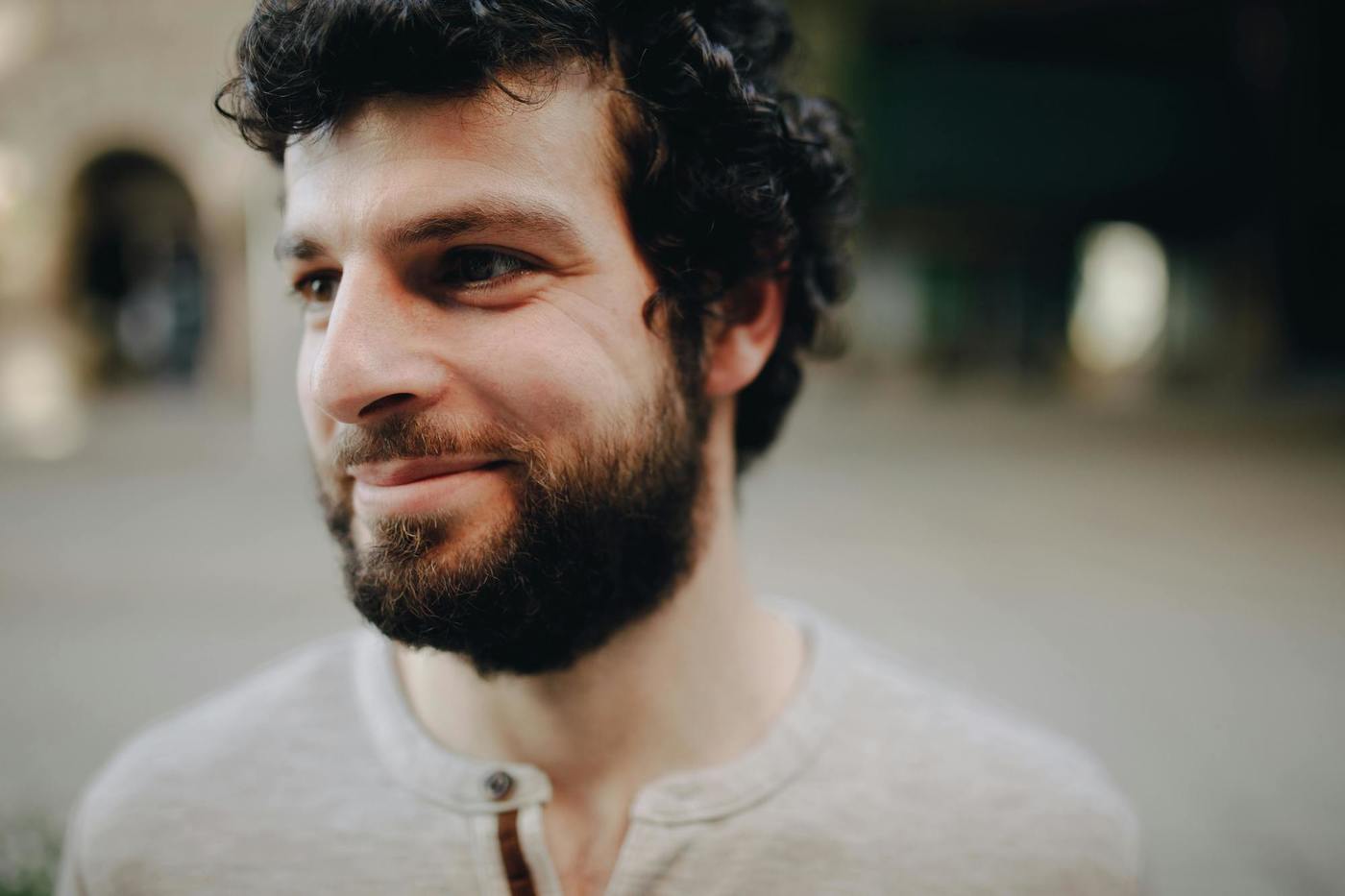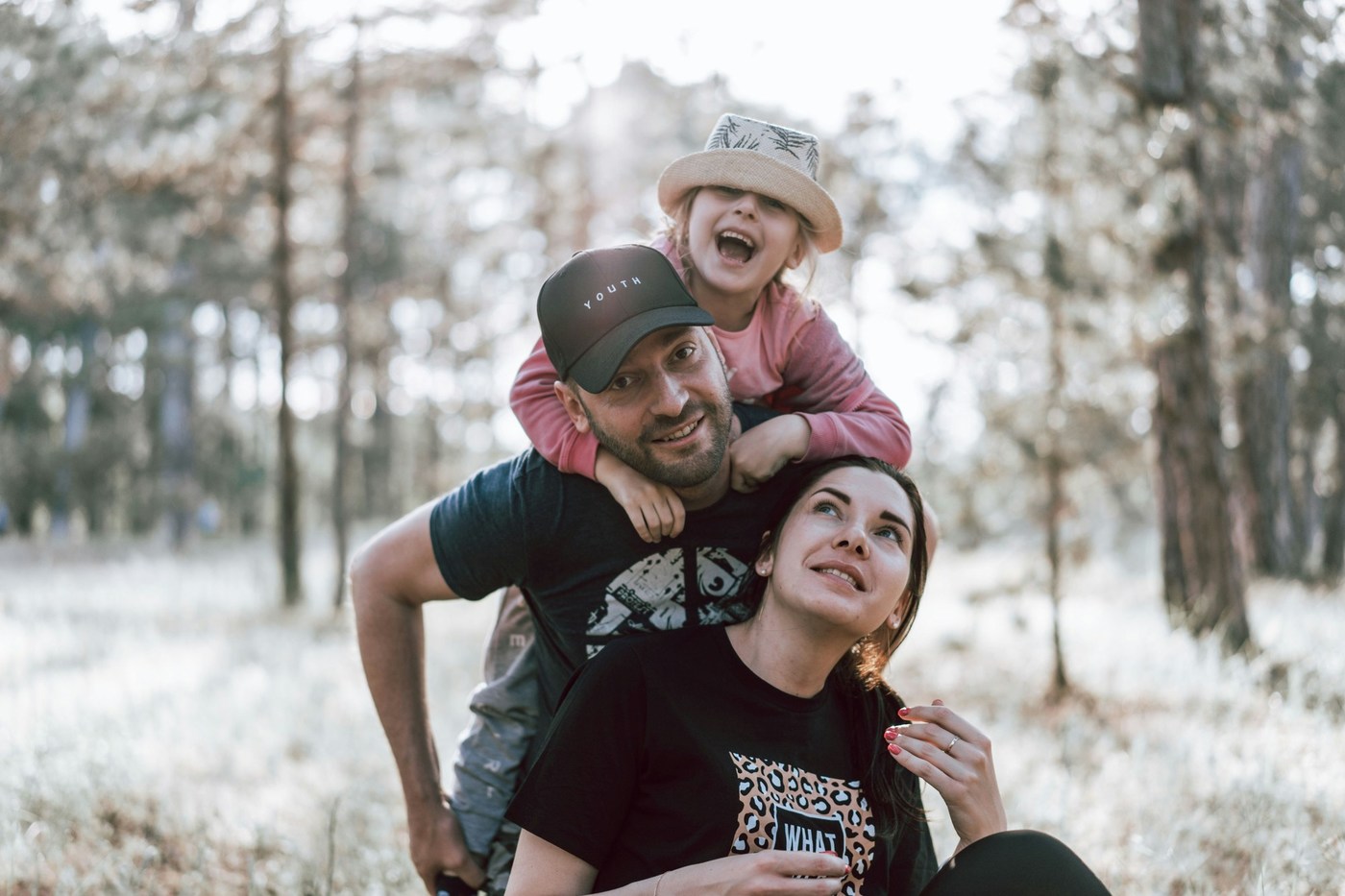The bond we form with romantic partners may seem like spontaneous and serendipitous connections that are the result of shared interests and chemistry. However, when we look a little deeper, we can find that the attachment to our parents plays a significant role in why we are drawn to certain romantic partners.
From the moment of our birth, and even in the womb, we are shaped by the nurturing or the lack of nurturing provided by our caregivers. These experiences leave a mark and provide a blueprint for how we see ourselves, how we see the world, how we experience love, trust, and intimacy, and what we expect from close relationships.
I remember the moment when I realized that I was dating a partner who was the male version of my mother. It was a shocking and disorienting realization that also became the beginning of deep and transformative work in my therapy journey. I realized that I was drawn to partners who resembled the best and worst qualities in my mother because I still had a lot of healing that I needed to do in that relationship. I needed to understand how my mother’s absence and her personality shaped my self-esteem and worldview. I was ready to be free of this pattern that had led to many disappointments and heartbreak in the past.
In this blog post, we will explore how our relationships with our parents shape our choices of partners. I offer strategies to break away from the old patterns and to set yourself up for success in relationships.

1. What role does our family of origin play in our selection of romantic partners?
Research has shown that we tend to form a blueprint for relationships at a young age through our relationship with our parents and caregivers. This is called Attachment Theory. There are four types of attachment styles: secure, anxious, avoidant, and disorganized. You can read more about anxious and avoidant attachment styles in my previous blog posts. This means that we learned how to love and be intimate with other humans through our parents. If your relationships with your parents were safe, secure, loving, attuned, and nurturing, then you are more likely to attract and be attracted to romantic partners who are similar. If your relationships with your parents were unsafe, chaotic, unpredictable, harmful, abusive, and neglectful, then you are more likely to attract and be attracted to romantic partners who are similar.
2. Is it common for people to subconsciously seek out partners who resemble both positive and negative qualities of their parents/caregivers?
Yes, it is very common for people to subconsciously seek out partners who resemble both the positive and negative qualities of their parents/caregivers. This is because these qualities feel familiar and are subconsciously associated with love, family, and belonging. There is a concept in trauma therapy called repetition compulsion. This is the unconscious tendency for a person who experienced trauma to repeat the traumatic experience over and over again. This may be the reason that a person who grew up with absent or abusive parents is more likely to seek out partners who are neglectful or violent. Without a deep understanding and healing of the original trauma, the person is likely to repeat the painful pattern in their adult life.

3. If you find yourself often dating people who negatively resemble your parent(s), what are some ways to reorient your dating choices?
If you have noticed that you are dating people who negatively resemble your parent(s), that is a great first step toward change. This is a hard pattern to notice and I commend you for the amazing insight! To reorient your dating choices, you might want to seek additional help and support to heal the original wound from your childhood. Individual therapy with a therapist who is trained in attachment theory is a great start. Once you have healed that childhood wound and understood why you were seeking those qualities, you can take the following steps to change this pattern:
Identify the negative qualities that you were attracted to that resembled your parent(s) and keep those in mind as red flags.
Identify the qualities in romantic partners that indicate that they have the skills and experience to be in a secure and healthy romantic relationship. Instead of looking for the more superficial qualities (e.g., appearance, status, education, career, power, etc.), look for communication, emotional attunement, self-awareness, loyalty, integrity, follow-through, commitment, humbleness, vulnerability, affection, respect, kindness, honesty, care, authenticity, openness, forgiveness, thoughtfulness, etc.
Train yourself to notice when your nervous system is activated. If you grew up with parents who were not present and not attuned to your emotions and needs, or if you grew up with abusive parents, you may mistake a high level of nervous system arousal for love. Instead, learn to distrust that roller coaster feeling in a romantic relationship. If there are high highs and low lows, that is a red flag. Re-train yourself to look for peace, stability, and safety as signs to proceed forward. At first, you may feel a little bored with a romantic relationship that does not offer the dopamine hit or the adrenaline rush of your previous relationships. A healthy relationship takes time to develop.
4. What advice would you give people who are looking to make healthier dating choices moving forward?
I encourage people who are trying to make healthier dating choices to be kind, gentle, and patient with themselves as they are unlearning a lifetime of patterns and sometimes healing multigenerational traumas. You can continue your individual healing journey by gaining more insight, learning more about where these patterns come from, practicing new skills, and choosing healthier and healthier partners. You and your partner can also engage in couples counseling early in your relationship to learn healthy patterns together. Don't pressure yourself to be perfect but see each relationship as a loving opportunity to continue to grow and learn about yourself and your partner.
Begin Trauma Therapy in Ballard, Seattle
If you are noticing persistent patterns in your romantic relationships that lead to frustrating disconnections and painful breakups, you are not alone. The first step toward change is to accept and understand your current patterns. The next step is to practice new skills to build healthy relationships. Learning how to be in a healthy relationship is like learning a new language. It will feel awkward and uncomfortable at first but over time, it will become more and more natural. If you need help, support, and guidance along the way, schedule a phone consultation with us to see if one of our attachment-focused therapists can help you uncover the roots of your patterns and create the lasting change you seek.





